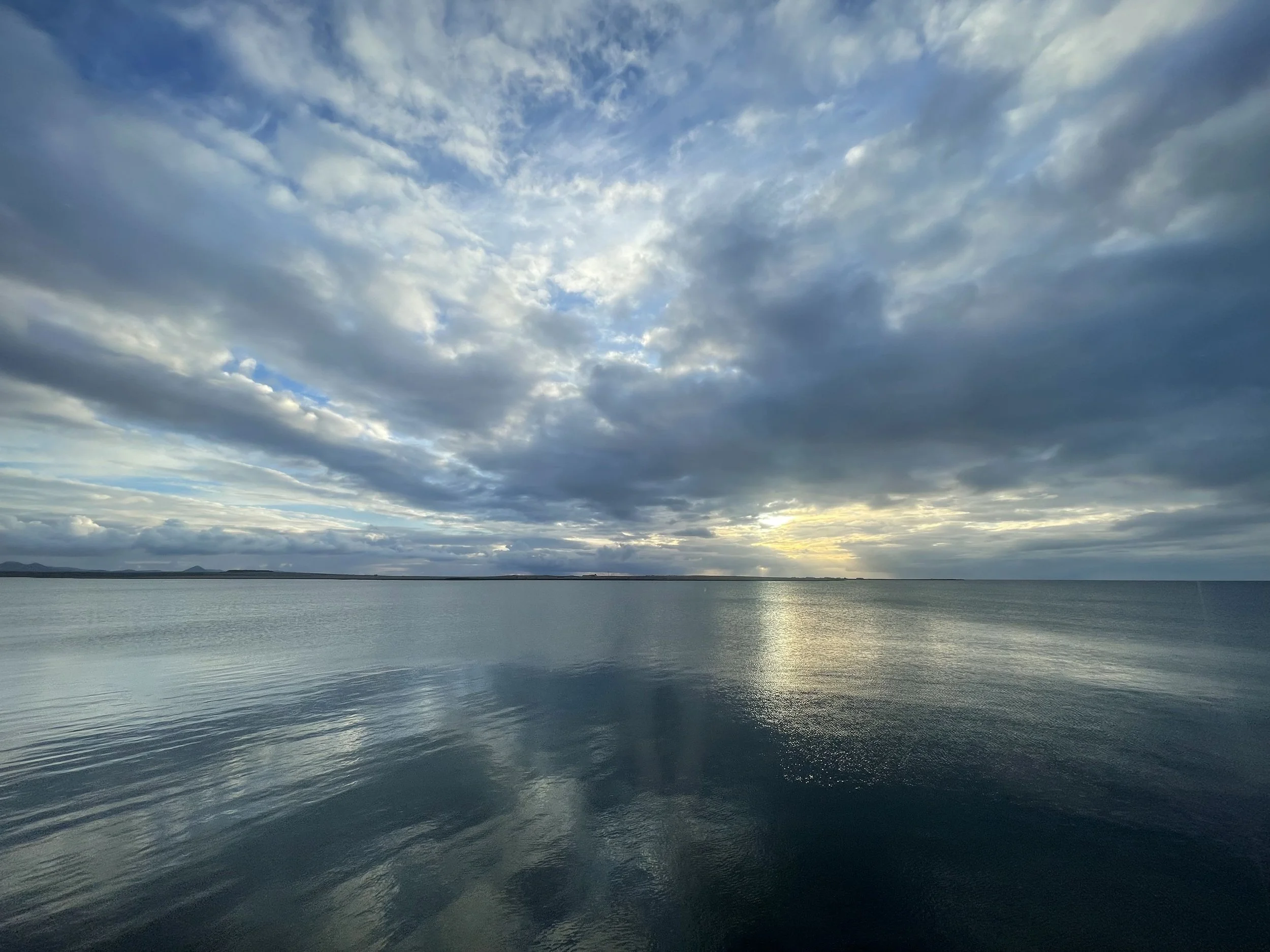"Religion" is one of the most difficult words to define. People use the word all of the time but have a hard time flushing out its precise meaning. Having spent time on issues surrounding defining "religion," I felt it would be a good idea to start a new journal where "religion" can be analyzed, interpreted, and compared with other phenomena. I figured it would be an accessible, academic, online forum for people to publish on issues surrounding "religion." Much like State of Formation, Claremont Journal of Religion is meant to facilitate academic dialogue and encourage the enactment of deep pluralism.
Does theology have a role in discussions of spiritual discernment, meaning-making, and concerns about syncretism in contemporary interfaith worlds and culture? Should theologians and theologically interested believers limit themselves to developing and deepening the knowledge of their own tradition, or is there value engaging theologies beyond one’s chosen faith or worldview? Are these endeavors mostly or finally mutually exclusive?





